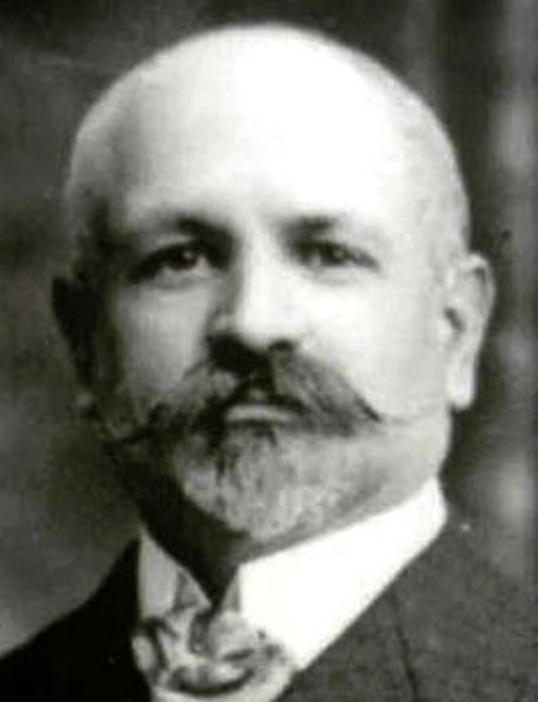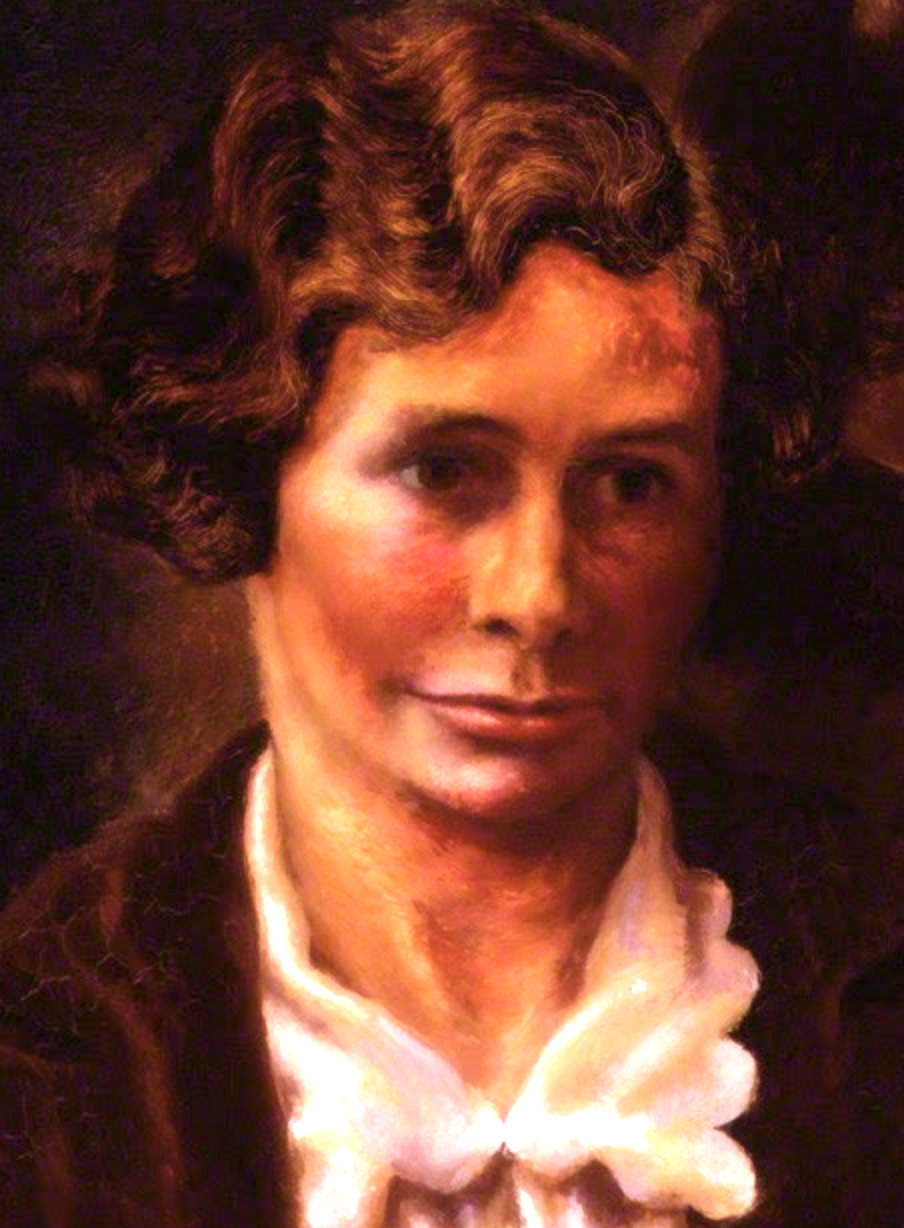socialists
Francisco Ferrer

On this date in 1859, Spanish freethinker and educator Francisco Ferrer i Guàrdia was born on a farm near Barcelona. While his parents were pious Catholics, he was influenced by the anti-clerical views of his freethinking uncle and an early employer, which led him to support left-wing causes, including efforts to end Spain’s monarchy.
As a conductor on a train between Barcelona and France, Ferrer secretly sent messages for an exiled Republican leader and helped political refugees escape. After a Republican uprising failed in 1895, he fled with his wife Teresa and three daughters to Paris, where they lived for the next 16 years and he joined various socialist and anarchist causes while teaching Spanish and selling wine on commission.
A substantial inheritance enabled Ferrer to return in 1901 to Barcelona, where he started the Escuela Moderna, openly defying the monarchy and the Catholic dogmatic education system that saturated Spain. At the time, about half of Spaniards were illiterate. One report said the school “championed traits of reason, dignity, self-reliance and scientific observation over that of piety and obedience.”
Ferrer’s school had a printing press that printed dogma-free textbooks and radical tracts. Branches were opened in several cities and then internationally. In 1906, a young man who operated the press tried and failed to assassinate King Alfonso XIII. Ferrer was charged as a conspirator and his schools were closed.
Eventually freed for lack of evidence, Ferrer toured Europe, giving speeches and founding the International League for the Rational Education of Children. In 1909, after the renewed colonial war in Morocco provoked riots and a general strike, he was blamed for fomenting the rebellion and sentenced to death by firing squad. Historian Paul Avrich later called the case a “judicial murder” carried out to dispose of an agitator whose ideas threatened the status quo.
After Ferrer’s execution at age 50, Pope Pius X sent a gold-handled sword engraved with congratulations to the military prosecutor. (D. 1909)
"Science has shown that the story of the creation is a myth and the gods legendary."
“When the masses become better informed about science, they will feel less need for help from supernatural Higher Powers. The need for religion will end when man becomes sensible enough to govern himself.”— Ferrer, quoted in "The Modern School Movement: Anarchism and Education in the United States" by Paul Avrich (1980) Second quote: Ferrer, quoted in "The Encyclopedia of Unbelief" (ed. Gordon Stein, 1985)
Margaret Cole

On this date in 1893, English socialist, politician and poet Margaret Isabel Cole (née Postgate) was born in Cambridge, England, to John and Edith (Allen) Postgate. They raised her with a well-rounded education at Roedean School and Girton College, Cambridge. During her time at Girton, Cole was inspired by the works of intellectuals such as J.A. Hobson, H.G. Wells, Sidney Webb, Beatrice Webb, George Bernard Shaw and Noel Brailsford.
These readings led her toward a life of socialism, feminism and atheism and away from her conventional Anglican upbringing. Cole became a classics teacher at St. Paul Girls School at Cambridge. Her brother shared some of her interests and was imprisoned during World War I as a conscientious objector.
While working with the No-Conscription Fellowship, she met George Cole, who led a movement known as Guild Socialism. They married in 1918 and joined the socialist Fabian Society before moving to Oxford in 1924. During their time there they taught, co-authored numerous mystery novels and created the Socialist League. Although she was anti-World War I, she espoused military action in the 1930s after witnessing the rise of Hitler and the Nazi Party.
In 1949, her autobiography, Growing Up Into Revolution, was published. She wrote many other books, including a biography of her husband.
Cole was committed to the well-being of London’s citizens and came to be a founding member of the Inner London Education Authority in 1965, where she remained until 1967, when she retired. She received the Order of the British Empire in 1965, the equivalent of being knighted for men, and thus became Dame Margaret Cole. She used her academic exposure to introduce comprehensive education in London throughout the rest of her life. (D. 1980)
PHOTO: Reproduction of a Cole portrait by Australian artist and feminist Stella Bowen, c. 1944.
"[Conscientious objection] on religious grounds was for most part treated with respect, particularly if the sect had a respectable parentage. … But non-Christians who objected on the grounds that they were internationalists or Socialists were obvious traitors in addition to all their other vices, and could expect little mercy.”
— Margaret Cole, "Growing Up Into Revolution" (1949)
